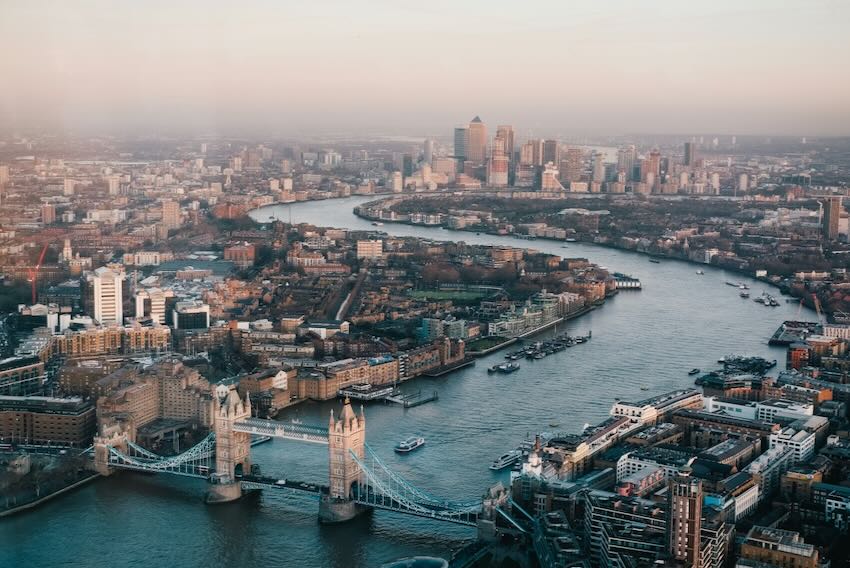
UK: Nobu Hotel London Portman Square has achieved Booking.com’s Travel Sustainable Level 3 rating.
The hotel, which is part of the Nobu Hotel Group, says it achieved this level of sustainability after appointing a sustainability management and ESG reporting platform, FuturePlus.
According to the platform the hotel has made significant steps towards improving its sustainable operations, including working to eliminate single-use plastics from its rooms, using water-efficient taps and showers, reducing food waste and using 100 per cent renewable electricity.
The platform also looked at climate, environment, social, economic, and diversity and inclusion.
Now that it has a benchmark year the hotel is looking to build on what it has measured and has started to review its supply chain to source products and food and beverage more sustainably. It is also looking at ways to create a zero-landfill system .
Snezana Charalambous, executive housekeeper and head of ESG, Nobu Hotel London Portman Square, said: “By understanding elements like sustainability governance frameworks, we’ve been able to put processes and initiatives in place that we hadn’t previously considered.”
Alex Smith, co-founder and partner, FuturePlus said: “While Nobu Hotel London Portman Place has been a sustainability conscious hotel since its inception in December 2020, we’re proud to have been chosen to support it on the next phase of its sustainability journey.”
FuturePlus is also working with other properties including Strand Palace Hotel, Chewton Glen and Cadogan Gardens, Hoar Cross Hall, Sea Containers, One Hundred Shoreditch, and global properties such as Pulitzer Amsterdam, Lyle Washington DC, and Hotel du Parc Bougival.
Grant Campbell, General Manager, Nobu Hotel London Portman Square said: “In our journey towards a sustainable future, we recognise the critical need for long-term accountability in our ESG efforts. This commitment is not just about meeting standards, but fundamentally transforming our culture to embrace adaptation and continuous learning. We understand that the path to sustainability requires speedy action and a dedication to change. By embracing swift, proactive changes we aim to lead by example in our sustainability journey.”
Image: Benjamin Davies on Unsplash

